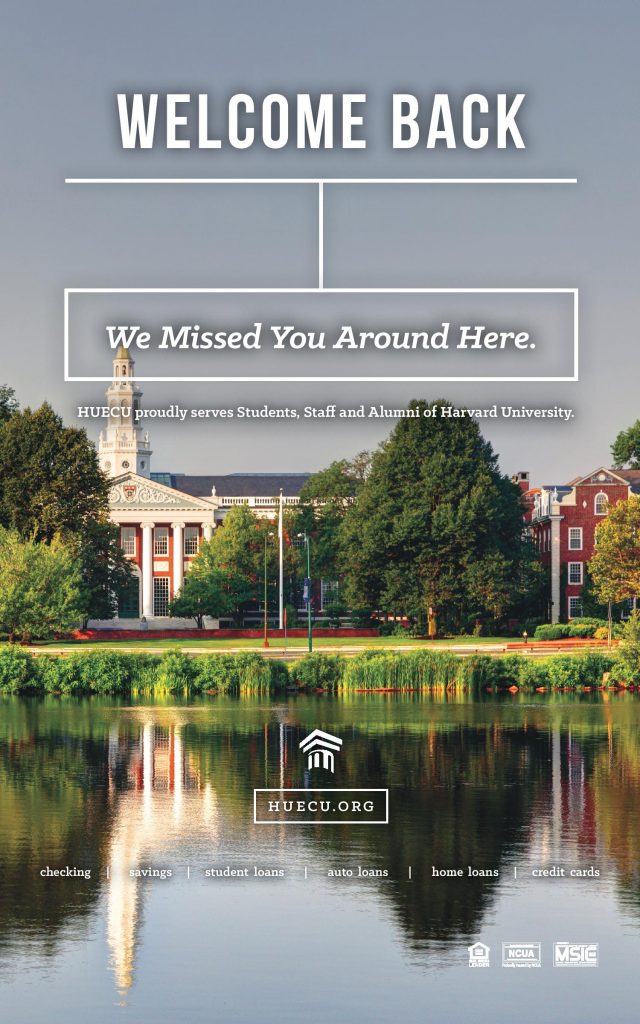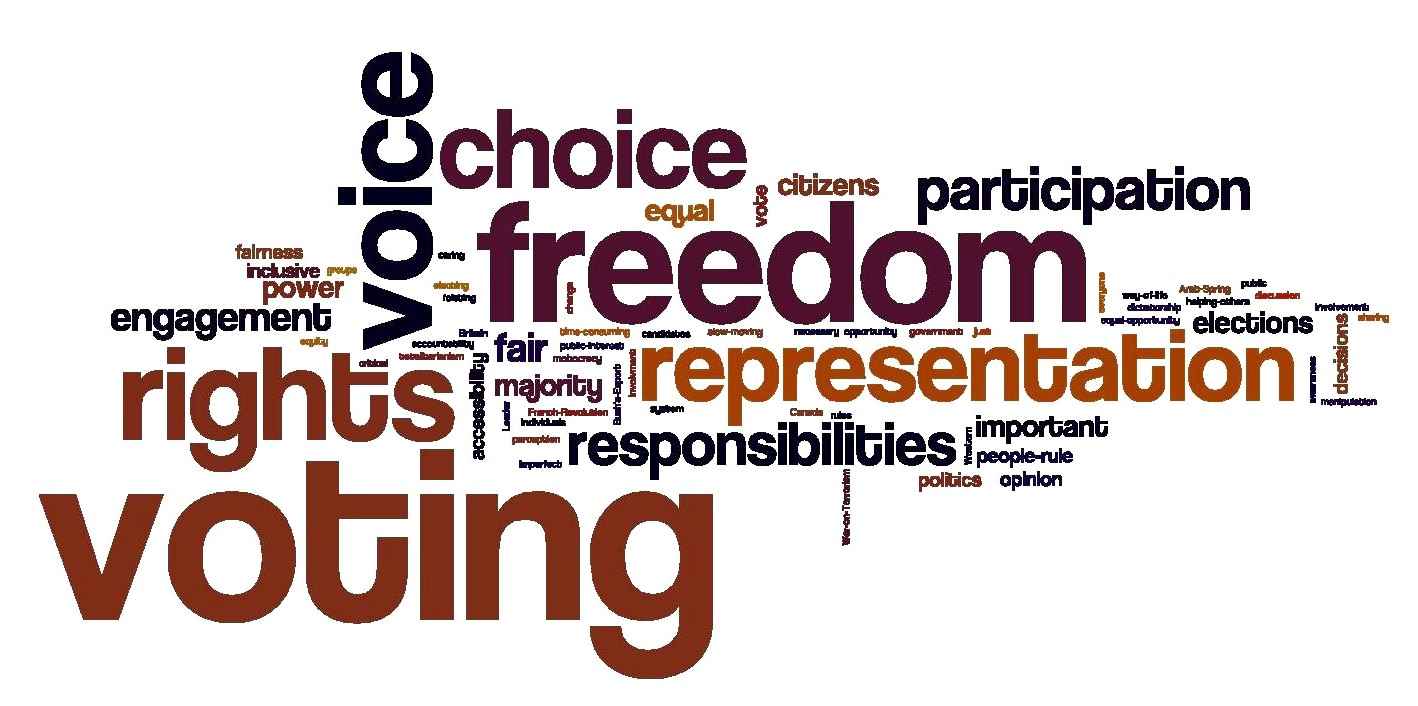It’s about time we build Government-as-a-Service

Can we just take a minute to talk about what happened this summer?
I was surprised (and disappointed) when Britain voted to leave the European Union. How could more than 17 million people decide to take the risk of quitting the world’s largest common market, potentially compromising their own future? Having lived and studied in the EU, I often marveled at the ability of my European friends to travel and work anywhere in Europe as if it were a single country. I could not believe that anyone in their right mind would ever voluntarily choose to forfeit membership in the EU. Surely, this must have been a mistake.
I had a similar reaction when, following months of expressing highly offensive (to say the least) rhetoric, Donald Trump was officially elected as the Republican presidential nominee. Even watching the Republican National Convention felt surreal, from controversy over Melania Trump’s speech to Ted Cruz’s surprising non-endorsement. Again, I struggled with a similar question: who would ever think it is a good idea to nominate a candidate as divisive as Trump?
My first reaction was that nothing short of massive cross-border hysteria could explain the events of this summer. All these people with whose political decisions I strongly disagree must completely misguided.
But I struggle with that conclusion: the numbers simply do not add up. After all, Britain’s Leave campaign won by a total of 3.78 percentage points; a sign of a decisive vote well outside the margin of error. Likewise, Trump received more votes in the Republican primaries than any other candidate in history. That is 1.3 million (or 10%) more votes than anyone before him.
That’s a lot of people throwing their support behind the prospect of uncertain and potentially dangerous sweeping change. So what’s happening?
This summer I found myself in Detroit, speaking to a Trump supporter who agreed to let me in on the logic of his vote. He was neither delusional, nor explicitly xenophobic. But he was angry, angry that he has lived through years of economic decline in Detroit and has witnessed his wages stagnate. He was angry because his once-prosperous city was stricken by poverty and crime. And most of all, he was angry because he felt that no one in the position of political power cared enough to listen. Giving his vote to Trump, he hoped, would make his own voice heard.
Whether right or wrong, not having his opinions considered made him feel unimportant—and this is the root of the problem we face today. Millions of people on both sides of the Atlantic realize that modern political systems simply are not designed for their benefit. Major political decisions are made in distant capitals by individuals that seem increasingly insulated from everyday problems of their constituents. And in this position of powerlessness, people turn to the only remaining source of control: their vote.
But here’s the problem with voting in a general election or a referendum: you chose just one thing (or one person) that in one sweeping move will decide outcomes of millions of other things for many years to come. While it is no doubt fundamental to proper functioning of modern democratic systems, this kind of infrequent and all-encompassing voting makes for an extraordinarily blunt policymaking instrument. Most important things that affect the lives of significant swathes of the population tend to occur in between election cycles. Yet we have no control over what happens during these crucial four-year stretches. Ob reflection, this doesn’t seem to make a lot of sense.
Shouldn’t there be a better way to influence policymaking in the interim?
As a co-founder of a startup, I get to spend a lot of time thinking about my company’s market. I interact with our clients and ask for their opinions on how our service can better meet their needs. While my team strives to delight our customers, it is not uncommon for us to introduce a seemingly cool feature that ends up disappointing its end-users. When that happens, we patiently gather feedback and make incremental adjustments. Over time, these adjustments add up to better products.
The model of continuous market testing and improvement through iteration is prevalent among technology companies. It is a typical approach for any Software-as-a-Service startup. But what about Government-as-a-Service? After all, we spend upwards of 50% of our incomes on government services with little control over our own user experience. Instead of regular interactions with policymakers as service providers, we are left with rare opportunities to vote in nation-wide elections that offer nothing but two or three mutually exclusive choices. Everything else is, for the most part, outside of our control.
It does not have to be this way. Of course, unlike most startups, governments serve hundreds of millions of people at a time. It is impossible to please everyone. But thanks to scalable technology, it is not impossible to regularly ask everyone what could be done better. And thanks to cheap and abundant computing power, is not impossible to learn from opinion data and track improvement in sentiment over time.
The point is, now is the first time in many centuries when a government can actually quickly and cheaply seek regular feedback from most, if not all, of its constituents. Such feedback would enable policymakers to respond to prevalent concerns and test potential solutions. This way, instead of waiting every half-a-decade for an opportunity to enact an uncertain sweeping change, individuals would be able to shape the evolution of their governments on a continuous basis. Perhaps, it would render unnecessary the types of costly geopolitical gambles we are making at the moment and empower individuals to truly steer the policy-making process. Wouldn’t this be the most participatory form of democracy yet?
____________________________________________
Dmitry Zhdankin (HBS ’17) has spent the three years prior to HBS in Washington, DC where he worked for the EU, UN, and IMF, among other acronyms. He’s currently working on a startup that automates small business finance with artificial intelligence. He co-captains the HBS hockey team and every now and then sneaks out to catch indie gigs in Allston.



